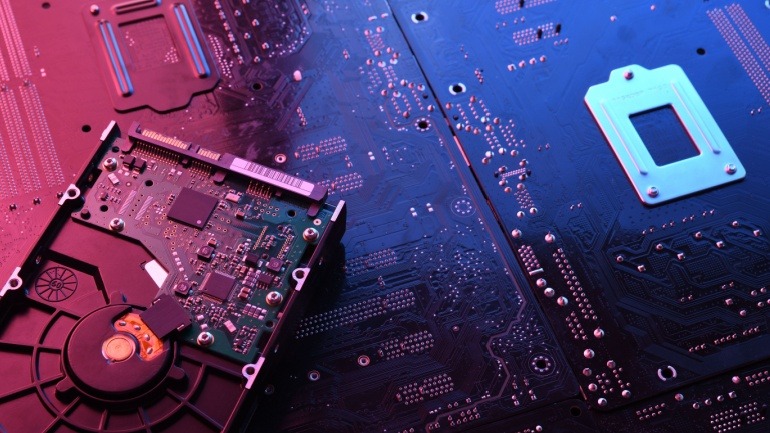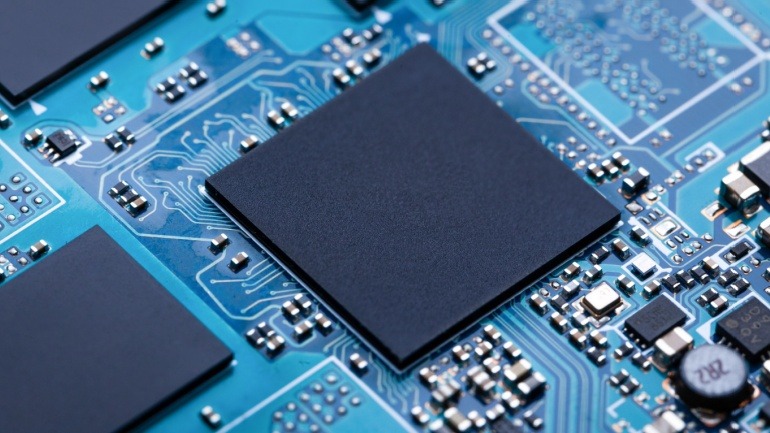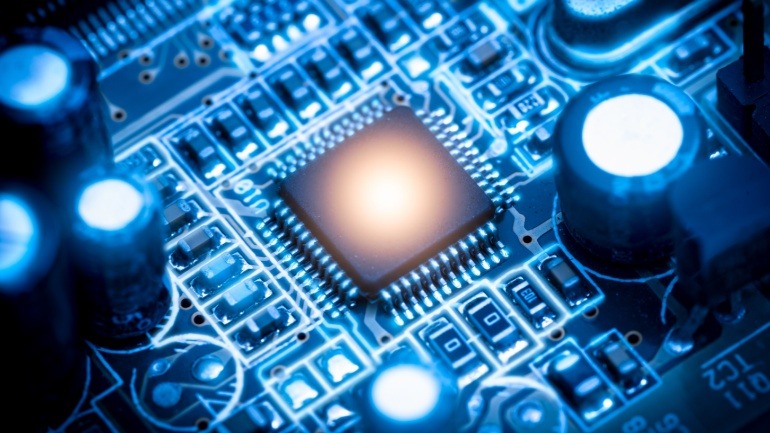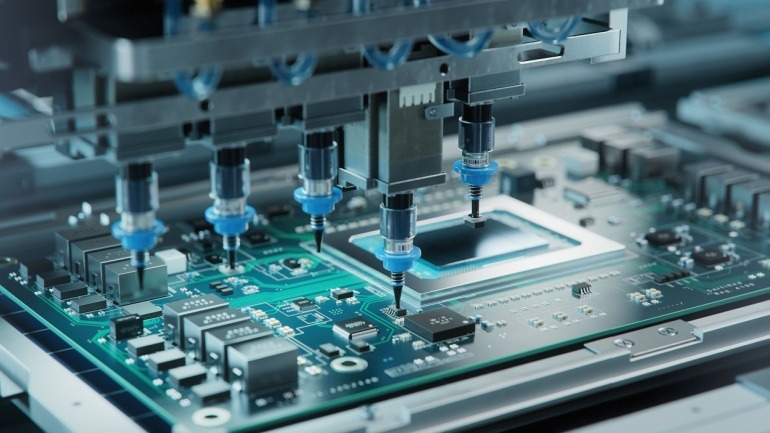Ookla’s analysis of the iPhone 16 reveals improved 5G performance over its predecessors in several regions, including the U.S. and Canada, where speeds surpassed 324 Mbps. However, Samsung’s Galaxy S24 excelled in latency and upload speeds.
The launch of the world’s highest-capacity UltraSMR and ePMR CMR hard disk drives by Western Digital marks a pivotal advancement in data storage, offering up to 32TB of robust storage solutions. With their innovative technologies enhancing efficiency and reliability, these new HDDs are tailored to meet the demands of hyperscalers and cloud providers.
T-Mobile US and TCL have unveiled a revolutionary 5G RedCap USB-C dongle, the TCL LINKPORT IK511, in North America. Utilizing the Snapdragon X35 5G Modem-RF System, it delivers impressive speeds up to 220Mb/s.
AMD’s new 5th Gen EPYC processors, “Turin,” featuring the Zen 5 core architecture, significantly enhance data center performance for enterprise, AI, and cloud applications. With models like the EPYC 9575F offering a 28% speed boost and up to 5GHz, AMD leads in energy-efficient, powerful solutions for AI and virtualized infrastructures.
MediaTek has unveiled the Dimensity 9400, a powerful chipset built on TSMC’s 3nm process, delivering up to 40% better power efficiency and 35% faster single-core performance. Targeting edge-AI applications, it supports Wi-Fi 7, tri-fold smartphones, and advanced 5G connectivity.
Intel has announced a significant delay in constructing new chip manufacturing facilities in Germany and Poland, following disappointing Q2 financial results. This delay could impact Europe’s ambitions to bolster semiconductor production and reduce dependence on Chinese manufacturing.
Huawei is revolutionizing the wrist-worn device market, especially in China, by bucking global trends and achieving significant growth. With a 42% year-on-year increase in shipments, Huawei leads thanks to strategic market expansion and robust domestic performance.
Tower Semiconductor and Adani Group are collaborating to build a $10 billion chip facility in Maharashtra, India. This ambitious project aims to boost domestic production of analog circuits and wafers, with initial output set at 40,000 wafers per month. Once fully operational, the plant will create over 5,000 jobs and enhance India’s semiconductor market presence.
Qualcomm has launched the Snapdragon 4s Gen 2, an affordable 5G chipset designed to boost its market presence. Featuring a Gigabit-capable modem but fewer high-end features, it’s aimed at budget-friendly 5G smartphones. Qualcomm’s new chip targets a growing market of cost-conscious consumers, with Xiaomi set to release the first device using the new platform.
After more than two years of declines, the European smartphone market has started to show signs of recovery, with a 10% year-on-year increase in shipments during the first quarter of 2024, according to Counterpoint Research. However, analysts are cautious about predicting a significant long-term upswing.












